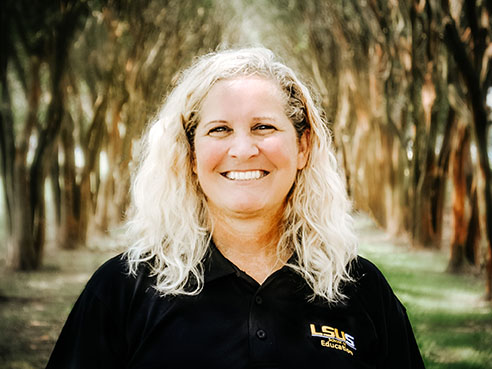I. Name
LSUS Center for Excellence in Learning and Teaching (CELT) Advisory Committee
II. Mission Statement
The mission of the CELT Advisory Committee is to champion a culture of teaching excellence at LSUS by advancing the use of high-impact practices (HIPs) and promoting professional development in active learning best practices. The committee supports faculty and staff in implementing evidence-based strategies that foster student engagement, equity, and deep learning across all disciplines, in direct alignment with the LSUS Quality Enhancement Plan (QEP) and the university’s strategic plan.
III. Vision Statement
The vision of the CELT Advisory Committee is for LSUS to be recognized as a leader in transformative teaching and learning, where high-impact practices and active learning are embedded throughout the curriculum, ensuring equitable and exceptional educational experiences for all students. The committee seeks to advance institutional goals of student success, academic excellence, and faculty development as outlined in the LSUS strategic plan.
IV. Purpose and Responsibilities
The Advisory Committee is established to:
- Advise CELT leadership on strategic priorities related to the integration and assessment of high-impact practices and active learning, ensuring alignment with the LSUS QEP and strategic plan2.
- Guide the development and delivery of professional development opportunities focused on HIPs and evidence-based active learning strategies for faculty and instructional staff, supporting the QEP’s emphasis on faculty training and continuous improvement.
- Facilitate collaboration among faculty, staff, students, and administration to promote and share best practices in high-impact and active learning.
- Review and assess the effectiveness of CELT initiatives, including HIPs and active learning programs, and recommend improvements based on data and stakeholder feedback, as called for in the QEP’s data-driven assessment cycle.
- Advocate for the professional development needs of faculty and instructional staff, with an emphasis on inclusive and innovative teaching practices.
- Support efforts to create student-centered learning environments that leverage HIPs to close equity gaps and improve student retention, engagement, and achievement, in accordance with institutional strategic priorities.
V. Membership
To ensure broad representation and effective guidance, the Advisory Committee should include:
- Faculty representatives from each college or major academic unit (including tenured, tenure-track, and non-tenure-track faculty), with preference for those experienced in HIPs and active learning.
- At least one representative from the LSUS administration (such as the Provost’s Office or Academic Affairs).
- A representative from the Student Success Center or similar student support unit.
- One or more student representatives, preferably from both undergraduate and graduate levels, with experience in HIPs.
- A representative from the Office of Diversity, Equity, and Inclusion (if applicable).
- A staff member involved in academic technology or instructional design, with expertise in supporting HIPs and active learning.
- Optional: Community or alumni member with an interest in higher education and teaching excellence.
VI. Organizational Structure
- The committee will elect a Chair and Secretary annually from among its members.
- Subcommittees may be formed as needed to address specific initiatives or projects related to HIPs and active learning.
VII. Meetings
- The committee will meet at least once per semester, with additional meetings scheduled as necessary to address ongoing projects or urgent matters.
VIII. Reporting
- The Advisory Committee will provide an annual report to CELT leadership and the LSUS administration, summarizing activities, outcomes, and recommendations for the coming year, with a focus on the advancement of HIPs, active learning, and alignment with the QEP and strategic plan.
This charter is a living document and may be revised by majority vote of the committee in consultation with CELT leadership to ensure ongoing relevance and effectiveness.


